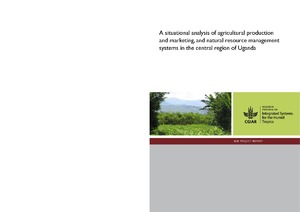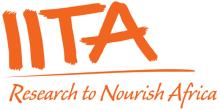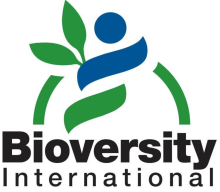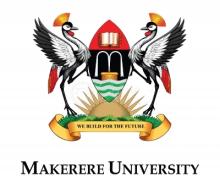A situational analysis of agricultural production and marketing, and natural resource management systems in the central region of Uganda
Resource information
Date of publication
Diciembre 2015
Resource Language
ISBN / Resource ID
handle:10568/73336
License of the resource
Data Provider
Geographical focus







